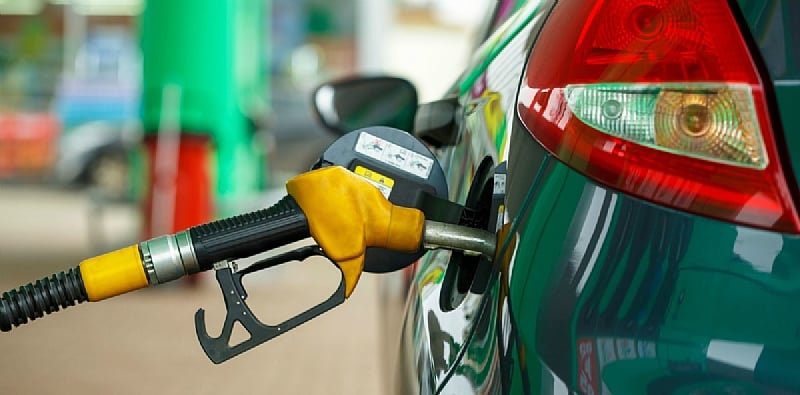In November 2024, fuel prices in Ghana experienced a significant increase, which has greatly impacted the expenses associated with filling various vehicles’ fuel tanks. Prices were adjusted by multiple petroleum companies starting from November 1, prompting a noticeable rise in costs. For drivers, this means that a full tank for a Toyota Land Cruiser now ranges between ₵1,860 to ₵2,150. Owners of a Ford F-150 can expect to spend between ₵1,323 and ₵1,553, while those driving a Nissan Altima face a cost between ₵922 and ₵1,082. The Kia Sorento has also experienced price hikes, with full-tank expenses varying from ₵909 to ₵1,066. More economical options, such as compact sedans like the Toyota Corolla and Hyundai Elantra, have seen their prices rise to ₵735-₵862 and ₵668-₵784, respectively. This surge is a reflection of broader trends impacting consumers and the transportation industry in the nation.
The trigger for the recent price hikes began on November 1, when a prominent fuel supplier, Allied Oil, raised the price of petrol from GHS13.60 to GHS13.65 per liter. This action was swiftly mirrored by other major suppliers like GOIL, which implemented their price increases the following day on November 2. GOIL’s Diesel XP now sells for GHS15.45 per liter, a rise from GHS14.90, marking a 3.7% increase. In addition, petrol branded as Super XP increased slightly from GHS14.49 to GHS14.64 per liter, while the premium variant, Super XP 95, climbed to GHS15.59 from GHS15.49. The adjustments have understandably raised concerns among consumers, with many seeking explanations for the sudden influx of extra costs.
While no official justifications for these rises have been provided by the companies involved, analysts have pointed towards several influencing factors. One primary reason cited is the fluctuations in global oil prices, which have been subject to various external pressures, including geopolitical events and market dynamics. In conjunction with this, exchange rate pressures have compounded the challenges faced by local fuel suppliers. The situation has arisen against a backdrop of unstable conditions in international markets, making it difficult for companies in Ghana to stabilize prices.
As of late October, the average global price of gasoline was approximately 1.26 USD per liter, but this figure is not uniform across all countries. Wealthier, non-oil-producing nations often bear higher costs, exacerbating the strain on economies like Ghana that rely heavily on imported fuel. This creates a ripple effect that can significantly affect consumers already reeling from the impacts of inflation and economic challenges. With crude oil maintained at higher prices globally, the local fuel prices reflect not just the domestic market condition but also the global economic landscape.
The implications of these price hikes on the transportation sector and consumer behavior are profound. The rising costs translate to increased expenses for transportation companies, which may lead to higher fares for public transport and freight charges. This situation could also discourage motorists from driving as frequently, as consumers will need to adjust their budgets to accommodate the newfound fuel prices. In the longer term, persistent increases in fuel prices could lead to changes in consumer behavior, possibly encouraging a shift toward more fuel-efficient vehicles or alternative transportation methods.
Overall, the surge in fuel prices in Ghana reflects a complex interplay of local and global economic factors, highlighting the vulnerability of consumers to international market fluctuations. With the current economic climate showing no signs of quick stabilization, it remains crucial for stakeholders to monitor developments closely. There is a pressing need for transparency from fuel suppliers regarding pricing, alongside governmental actions aimed at providing relief and stabilizing the market for all Ghanaians experiencing the burden of these increasing costs.














